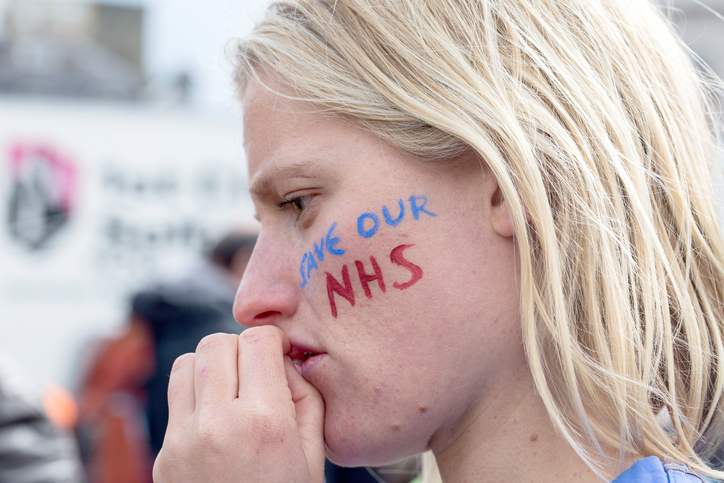Authors: Steve Herring, President; Richard Evans, Chief Executive Officer; Philip Plant, Chair of the SCoR Patient and Public Liaison Group
As long as any of us can remember, the National Health Service has reeled from a crisis to a calamity to a catastrophe. A crescendo is typically reached during the winter months.
Constantly expected to ‘do more with less’ to meet the needs of an ageing population that is also growing in numbers, staff put their heads down and get on with the job of providing the best possible patient care that they can with the resources that they have.
The current predicament has everyone, except government, using unprecedented language about how ‘bad things are in the NHS’.
Helen Thomas, an SoR industrial relations rep and diagnostic radiographer, says, “My hospital is not a major trauma centre, but we are all too often on divert from one and we do not have the capacity to cope.
“I worked on New Year’s Day evening and at one point we had 73 patients in the A&E department. It is not just the physical workload, but the emotional demands.
“When a patient and their family have waited a long time to see someone they want to talk, to be heard, to be understood. A couple of week ago I x-rayed a three-week premature baby who needed an ICU bed. I work in Yorkshire and the nearest bed for that poor scrap was in Belfast. That made me cry.
“We know that the Red Cross are right. There is indeed a humanitarian crisis in the NHS regardless of what Mrs May and Mr Hunt tell us. Society members are embroiled in a battle, which is not of their making.”
Helen wanted reassurance that the Society will continue to “fight to allow us to care and to be our patients’ advocates.”
Two of the key points in the SCoR’s current three-year strategy are to:
- Act in the best interests of our members, the profession, the public, patients/service users and carers
- Promote high quality, compassionate care for patients and service users
As always, the trade union and professional and educational teams at the Society will do all that they can to support members in the workplace and to help them maintain standards of high quality professional care, whatever the latest crisis the NHS is suffering.
The Society’s UK Council - each one themselves members of the radiography workforce - are committed to ensuring that the organisation’s staff have the resources to support members in every way we can.
Clinical professionals cannot remain silent when they see that people are suffering. We acknowledge the complexity of the problems and that, although the situations our members generally encounter is in secondary care, much of the underlying causes seem to be poor resourcing of social and primary care.
The government needs to hear the voice of health care professionals and take action.
For almost a hundred years, the Society has fought for the interests of our members and the patients for which they care. That will not change.
Steve Herring
President
Richard Evans
Chief Executive Officer
Philip Plant
Chair of the SCoR Patient and Public Liaison Group
